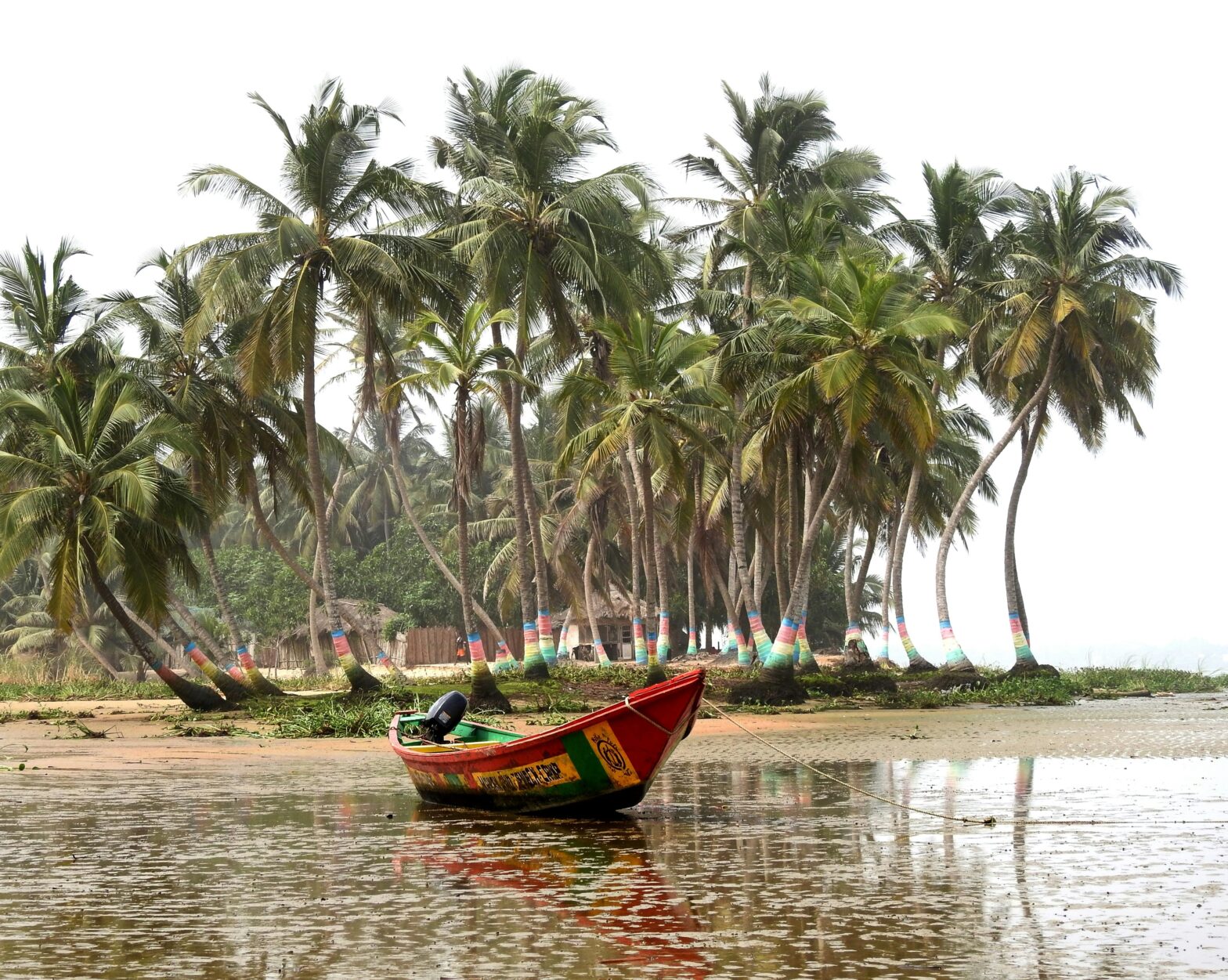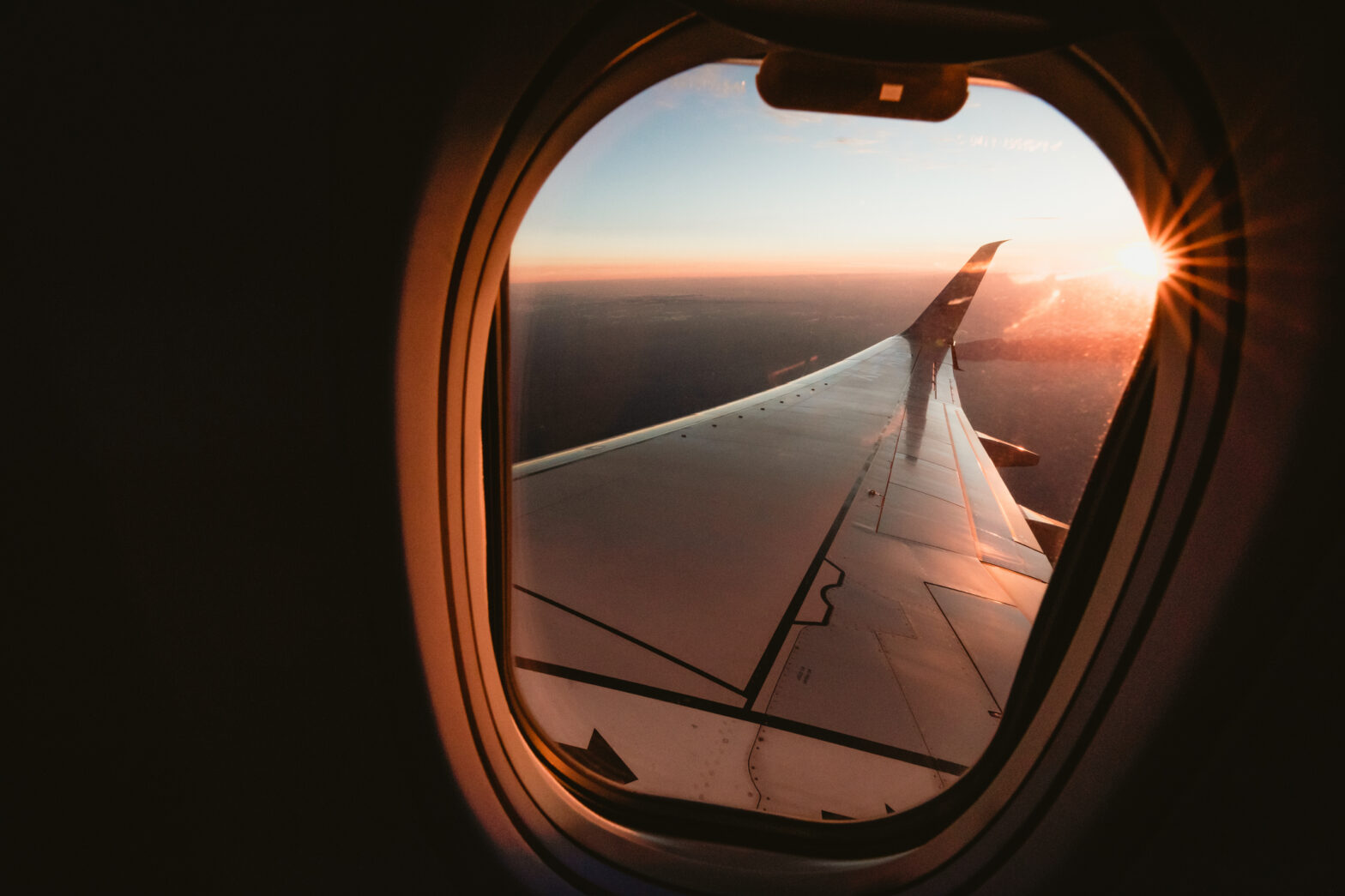We’re big on the expat life, but prioritizing being an impactful expat is always on top of the agenda. Following the news on regions such as Mexico City and the reported expat dynamics there, we’re considering how to be conscious expats. Keeping your privilege in mind while starting a new life abroad is key.
Expathood is something that has become more accessible for many in recent years. Our question is, what conversations are being had to ensure that expats are having the least harmful effect as possible on a community? In this Travel Noire article, we explore top tips to become an impactful expat. With focus on shopping local, integrating into the community and accessibility, there is lots to think about. This is how to be a part of your new local neighborhood.
Related: Remote Work Is Causing Gentrification In The Global South
Learn the language
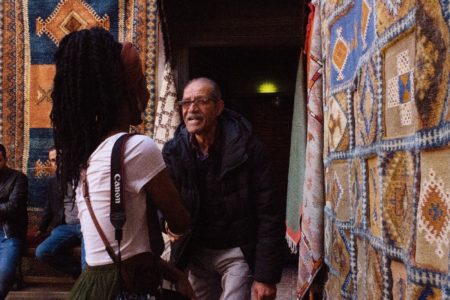
The very first thing on our list has to be learning the language. Not only is it a sign of respect to the community, but it is also a great way to actually connect with local life. Expats hailing from English-speaking countries should particularly pay attention to this privilege. Expecting to communicate in English the entire time is not OK. Even if English is available, the effort to learn the spoken language means maintaining the culture and history and decelerating gentrification. It means that events and life in general remains accessible to those who live there rather than bending the culture so that it solely caters to foreigners.
Live gently, that is slowly

Slow life, soft life – whatever you want to call it, bring it abroad with you. We advocate for slowmad lifestyles because it allows for more listening and more pulse-checks rather than diving in without awareness of the environment. In essence, living slowly means more opportunity to be a present, more impactful version of yourself.
This is applicable for all parts of the expat life; take time to research before landing in the city to learn what you can about the culture and politics. Equally when arriving, allow yourself time to understand how it manifests, no rush!
Don’t go where you’re not welcomed, no matter how tempting or cheap (or popular)

Hopefully your research will lead you to learn what the general reaction is to expats and tourism in general. For instance, Hawaiians are begging people not to travel or relocate there. It is respectful to understand the local wishes for your own emotional and physical safety and theirs, honor that.
Treat the environment like it is home

If you’re moving to the beach, ensure to keep it clean and maybe join local beach clean-ups to help maintain your new home. If you’re headed to a big city, find ways to minimize your own pollution, whether it is opting for public transport instead of driving or paying attention to noise pollution. There will always be a way to take care of the environment, the easiest way is to treat it like it is your home.
Shop local
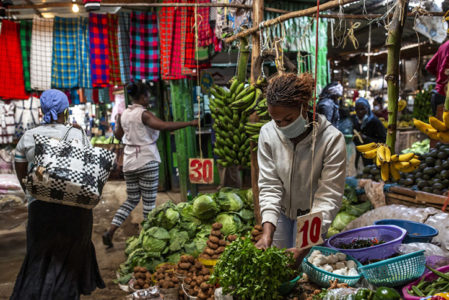
Support local economies. Having substantially more buying power than those who already live in the country means that expats wield a lot of power. We recommend using that power to support locals. Whether it is simple changes such as shopping in local markets or more significant changes such as choosing to rent from a local person. Knowing that your money goes directly into the community is a great way to keep the wealth circulating in indigenous or local circles (depending on your location).
Widen your social circles beyond expat bubbles
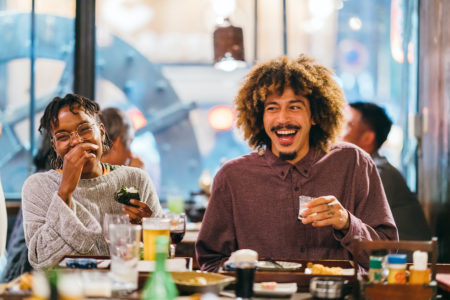
This point is important but often missed from the conversation. It is so easy to use WhatsApp and Facebook groups to navigate life in a new city as an expat. We get it, it is normal to want to be around other expats who are or have already made the transition. However, once you’re settled, it is so important to widen your social circle to those from your new city. The reason? Expecting to enjoy the benefits of a city without actually engaging with those who call it home… is not a good look.
Aside from having a more enriched social life, you’ll also be able to have crucial conversations and find out how your presence affects the community. You’ll be able to ask questions, understand the land better and therefore ensure that you’re knowledgeable about the realities of life in your new chapter. It lends to more accountability and less of the expat-bubble life that we’re trying desperately to avoid.
Related: The Black Expat In Honduras: Leaving NYC To Embrace Off-Grid Living And My Garifuna Heritage




